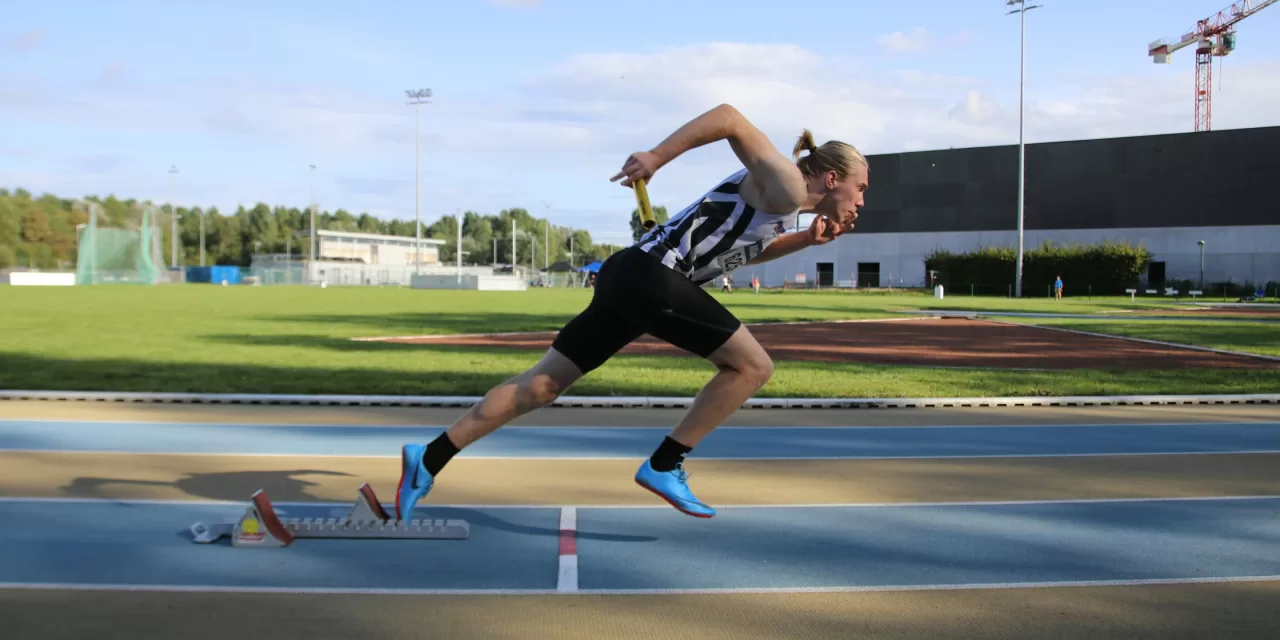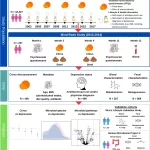A new study has revealed that integrating cognitive tasks into physical warmups can significantly enhance sports, exercise, and cognitive performance—even in conditions of sleep deprivation.
The research, titled Cognitive Priming During Warmup Enhances Sport and Exercise Performance: A Goldilocks Effect, was published today in the journal Brain Sciences. It examined how combining physical and cognitive warmups affects athletes and older adults when well-rested and fatigued due to sleep restriction.
Researchers from the University of Extremadura (Spain), Gabriele d’Annunzio University (Italy), and the University of Birmingham (UK) found that incorporating short-to-medium bursts of cognitive priming—such as reaction-based executive function tasks—optimizes performance. This creates a “Goldilocks effect,” where the right balance of cognitive and physical activity is crucial.
Professor Christopher Ring, a psychology professor at the University of Birmingham’s School of Sport, Exercise, and Rehabilitation Sciences, explained, “There is anecdotal evidence that some athletes use a combination of cognitive and physical activities before they compete. For instance, racing drivers may warm up for 15 minutes before a race with a mix of decision-making and reaction time drills, along with muscular and cardiovascular exercises.”
He further noted that some researchers argue lightboard drills—designed to impose relatively low cognitive demands—can be part of a neuromuscular warmup protocol, helping athletes process sport-related stimuli more effectively. However, there has been a lack of empirical studies to validate these claims, prompting the current research.
The study consisted of two parts: one involving 31 padel players and another involving 32 older adults. The results showed that participants who performed cognitive tasks alongside physical warmups experienced significantly improved performance compared to those who only engaged in physical warmups or had no warmup at all.
Professor Ring highlighted the implications of these findings, stating, “Our research provides compelling evidence that the right mix of cognitive and physical warmup activities can enhance human performance across different ages, experiences, and domains. These exciting findings suggest that athletes and trainers should consider incorporating cognitive drills into their warmup routines to optimize performance.”
Disclaimer
This article is for informational purposes only and does not constitute professional training advice. Individuals should consult with sports scientists or professional trainers before modifying their warmup routines to ensure safety and effectiveness.










